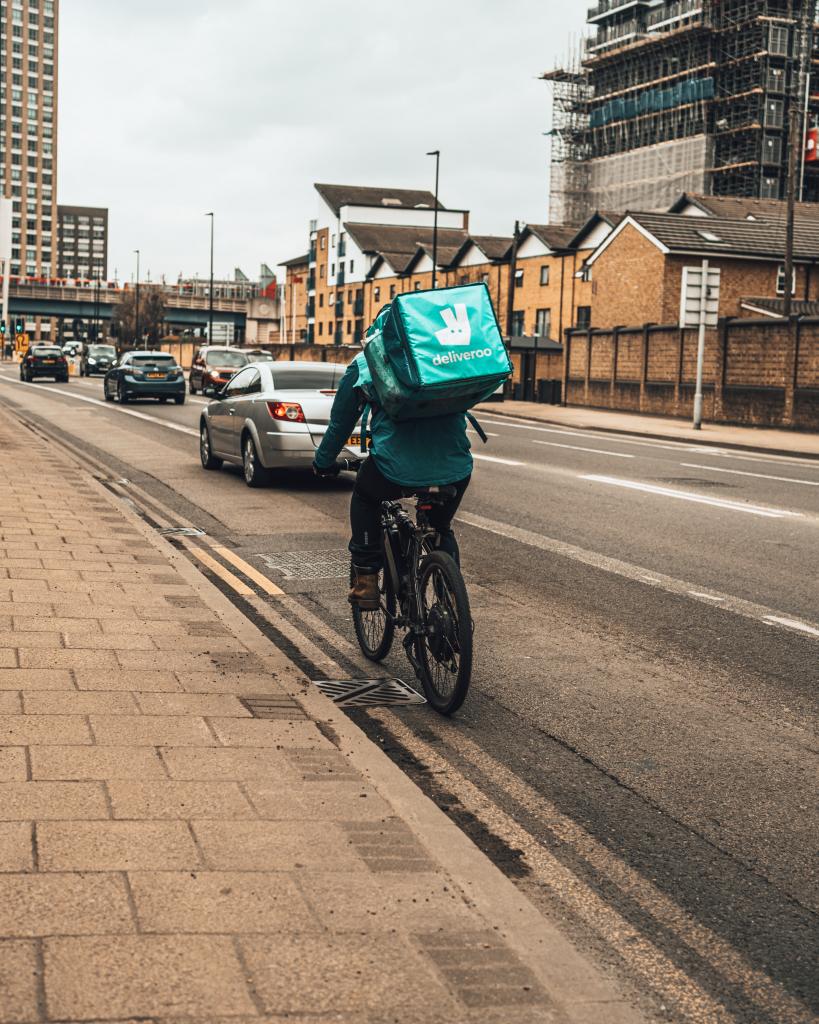
Are Deliveroo drivers ‘workers’ with a right to organise themselves into trade unions? In a ruling of critical importance to the operation of the so-called ‘gig economy’, the Court of Appeal has answered that question with a resounding ‘no’.
The case arose from an application to the Central Arbitration Committee (CAC) by the Independent Workers Union of Great Britain to be compulsorily recognised by Deliveroo as representing the company’s drivers in part of London for collective bargaining purposes. The CAC rejected the application on the basis that the drivers were not workers within the meaning of the Trade Union and Labour Relations (Consolidation) Act 1992 and thus had no entitlement to trade union representation.
In challenging the CAC’s decision, the union asserted that it resulted in a violation of the human right of the drivers concerned to protect their interests by joining a trade union, enshrined in Article 11 of the European Convention on Human Rights. The union’s case was, however, rejected by the High Court on the basis that, as the drivers were not workers, the right under Article 11 was not engaged.
Dismissing the union’s appeal against that outcome, the Court of Appeal detected no legal flaw in the CAC’s ruling that the drivers did not enjoy worker status. It noted in particular that the drivers enjoyed an unfettered and genuine right to substitute others to perform their work for Deliveroo. Even if that right was rarely exercised, they were under no legal obligation to provide their services personally.
Other factors pointing away from the drivers having worker status included that they worked no specific hours and were under no obligation to accept jobs from Deliveroo. They were free to provide their services to competitors and themselves provided the most essential tools of their job: a bike and a mobile phone.
The Court was conscious that its decision might appear counterintuitive at first sight. It might be thought that self-employed people engaged in the gig economy would have particular need of a right to organise as a trade union. It was easy to see that the drivers concerned might benefit from organising collectively to represent their interests against Deliveroo.
Although, as the law stands, the right to organise as a trade union does not extend to self-employed people in the gig economy, the Court noted that they do enjoy the more general human right to freedom of association, which is also guaranteed by Article 11.